There was once a time when a "most exciting cars of the new year" list would feature a light sprinkling (at best) of SUVs, surrounded by a sea of passenger sedans, hatchbacks and performance cars. But such is the ferocity of our SUV obsession, the ubiquitous high-riders now demand an entire list of their very own.
And if you are in the market for a brand new SUV, 2019 is shaping as an absolute cracker, with a return to form for some high-riding icons, a new crop of performance-flavoured heroes, and some new high-tech offerings from the world of battery-electric vehicles to choose from.
1. Audi e-tron quattro - mid-2019

The major manufacturers have been playing a giant game of Tesla catch-up, and Audi's SUV-shaped answer - the e-tron - will hit our shores around the middle of the new year.
Pricing is yet to be confirmed, but expect the five-seat, five-door EV SUV to wear a sticker price that's around the $140k mark. To put its size and positioning into perceptive, you're looking at an SUV about the same length as the brand's Q5, though the e-tron is significantly lower.
Audi reckons you'll get a 400km driving range from its under-floor battery pack, which is used to power a motor at each axle. The one at the front wheels will give you 125kW, while the rear-wheel motor will produce around 140kW.
All up, that'll mean 265kW, 561Nm and a 0-100km/h sprint time under 5.7 seconds.
Both motors can operate in a 'boost' mode, too, which ups the output.In fact, according to Audi: "it generates up to 300kW and 664Nm of torque".
2. Mercedes-Benz GLE - first half 2019

Mercedes-Benz will likely join the EV SUV party with its EQC in late 2019, but it's actually the second-generation of its GLE (and the GLC) SUV that will likely do the best business.
Due for its first major update (this will be the second-gen car), Benz has thus far only shown us the GLE 450 4Matic, but there will be diesel, plug-in hybrid and high-performance AMG models in the future.
The 450 version makes use of a a 48-volt 'EQ Boost' motor combined with a 270kW/500Nm six-cylinder petrol engine, and you can expect a full technology and interior overhaul, as well as a more spacious cabin, compliments of an 80mm longer wheelbase.
3. Renault Kadjar - mid-2019

Renault Australia will soon fill a big gap in its lineup with the release of the Kadjar small SUV. The Kadjar will offer a turbocharged four-cylinder petrol engine and a dual-clutch automatic transmission.
Already past its mid-life update in international markets, the Kadjar is based on the Nissan Qashqai, but adds French flair to the Nissan's dowdy practicality.
Pricing and specs are yet to be announced but expect it to start close to $30,000 (plus on-road costs), with a minimum of two trim levels on offer.
4. Subaru Forester e-Boxer hybrid - late 2019

Subaru's first hybrid will be launched in Australia in late 2019. Combining a 2.0-litre four-cylinder "Boxer" engine with a battery pack, the Forester e-Boxer hybrid is capable of fuel conusumption "25 per cent superior" to the regular model.
Subaru says the e-Boxer hybrid's battery pack is mounted on the rear axle, which gives better weight distribution and superior dynamics.
Like the new Toyota RAV4 hybrid, exterior clues to the Forester's hybrid system are limited to just a few badges.
5. Citroen C5 Aircross - mid-2019
.jpg)
Citroen's first medium SUV in Australia is the C5 Aircross, which is due to arrive around July. Based on the same EMP2 platform as the Peugeot 3008, the C5 Aircross will offer two models in Australia: the Pure and Shine.
Pricing starts at $39,990 plus on-road costs, and Citroen promises a long standard equipment list which includes kit such as auto emergency braking (AEB), satellite navigation and dual-zone climate control.
A single drivetrain will be offered for now: a 121kW/240Nm 1.6-litre turbocharged four-cylinder petrol engine with an eight-speed automatic transmission. The C5 Aircross is front-wheel drive only.
6. Audi SQ5 TDI - late 2019
.jpg)
The previous generation of the Audi SQ5 was diesel only, and this generation switched to a turbocharged petrol V6.
But the diesel is returning at the end of this year, using a 255kW/700Nm 3.0-litre turbo-diesel V6 mated to an eight-speed automatic and Audi's quattro all-wheel drive.
Audi claims that the SQ5 TDI is quicker than the petrol model, hitting 100km/h in 5.1 seconds.
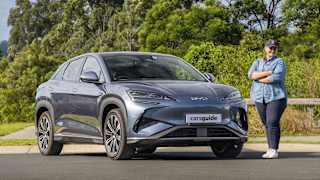
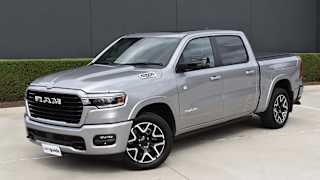
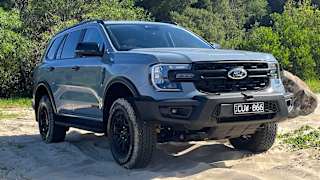
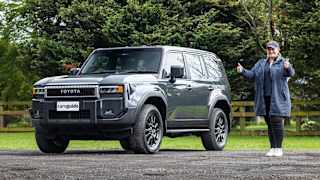
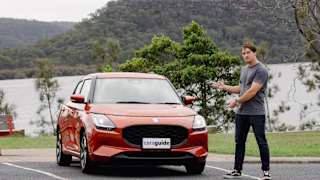

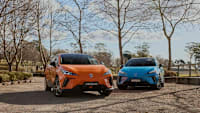

.jpg)



.jpg)
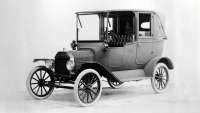
















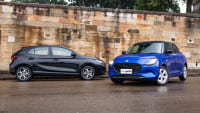
.jpg)


